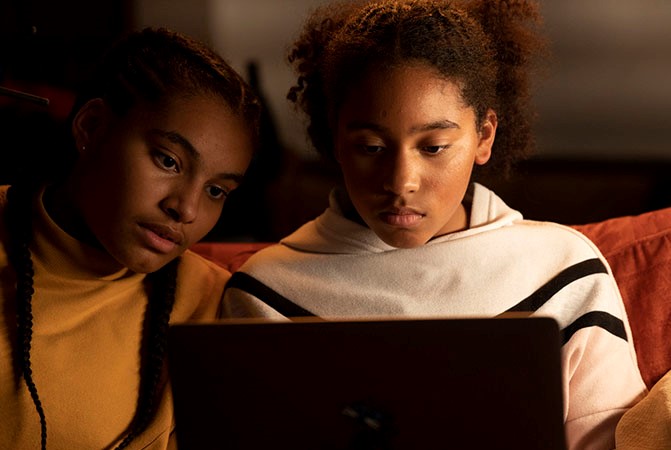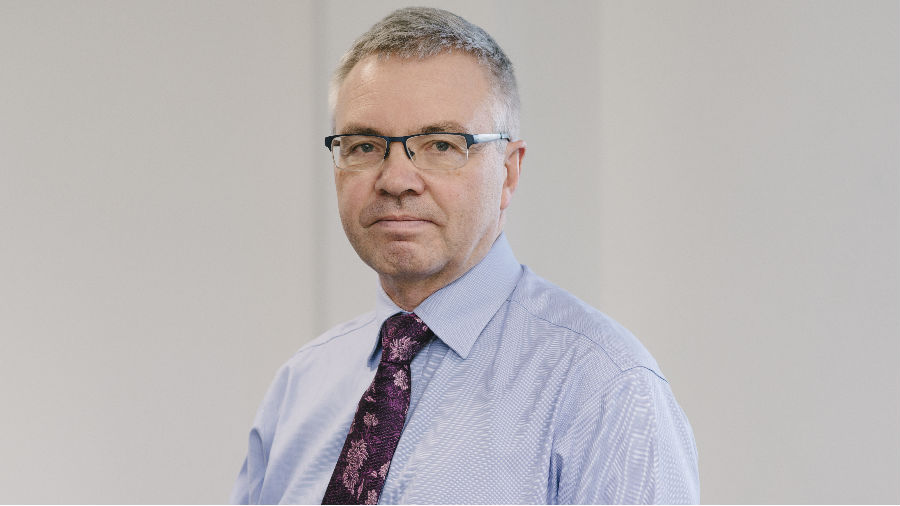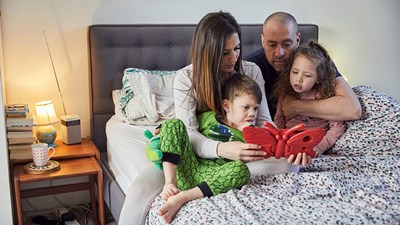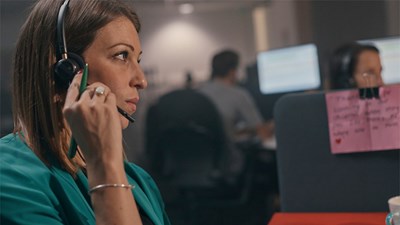Lords lay amendment to Online Safety Bill that would "represent, protect and promote" the interests of children.1

The Online Safety Bill will be discussed by the House of Lords in the coming weeks.
But current plans would leave children, who face record levels of harm and abuse on social media, without proper consumer advocacy protections.
We want further legislation to protect children, and we are not alone, almost 40,000 people signed an open letter to the Technology Secretary Michelle Donelan, asking for a voice for young users to be incorporated into the Online Safety Bill through a user advocacy body for children.2
A child safety advocate would further strengthen the commitment to prioritise child safety in online regulation, similar to user advocacy in other regulated sectors like energy and transport.
Lords across political parties have laid an amendment to the Online Safety Bill that would create a statutory user advocate to provide an expert voice and representation for children's safety online.
Among the supporters of this amendment are Labour's Lord Jim Knight, the Liberal Democrat's Baroness Claire Tyler, online child safety campaigner Baroness Beeban Kidron, and Conservative Peer Baroness Helen Newlove.






